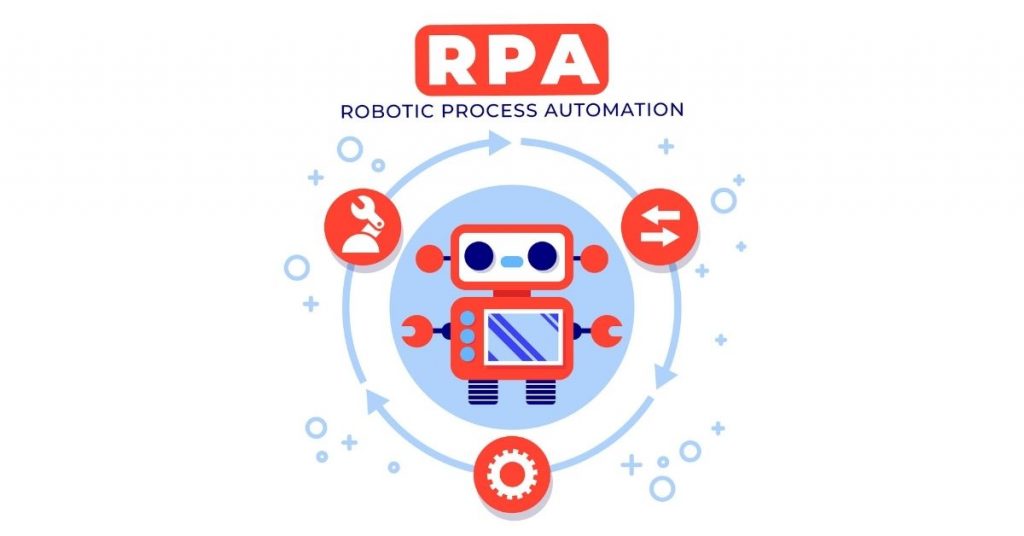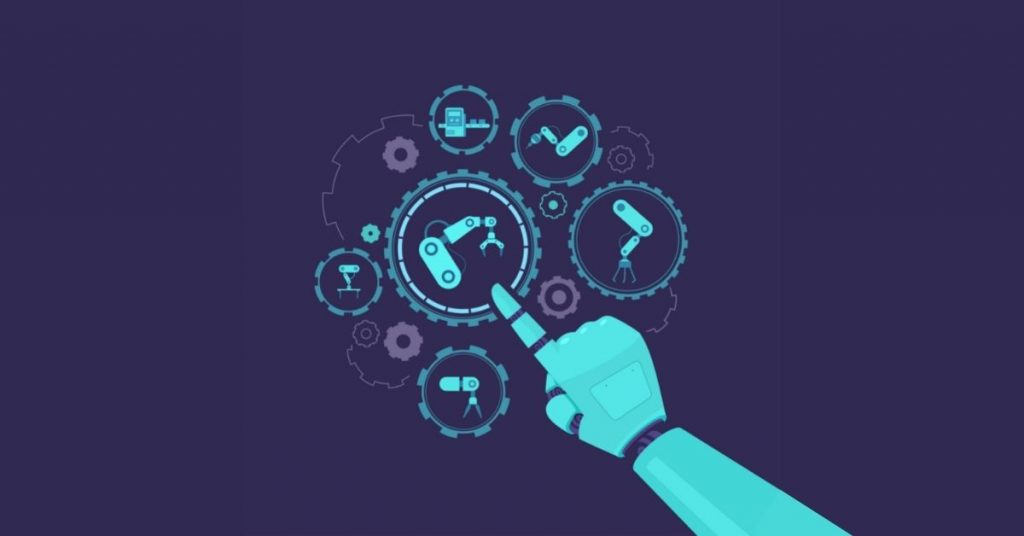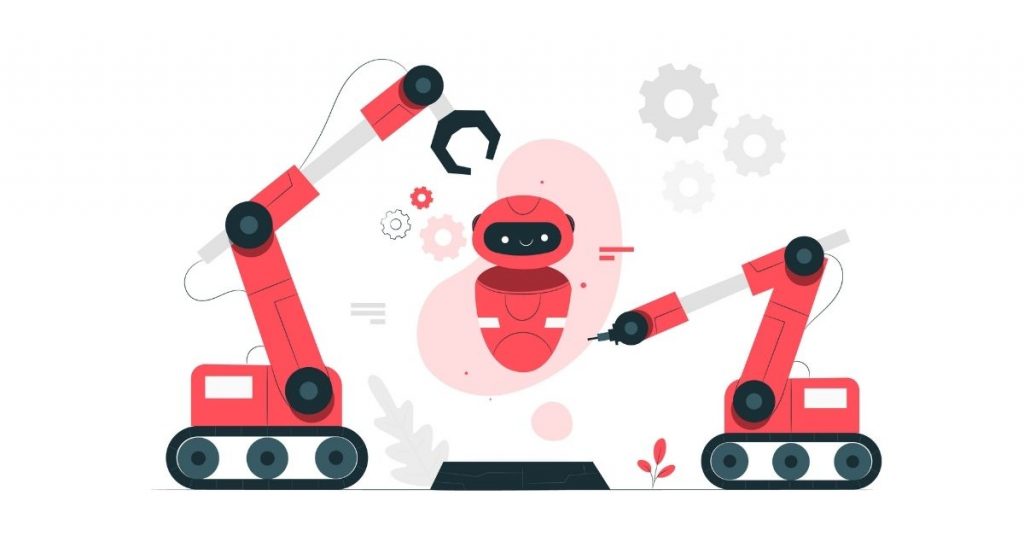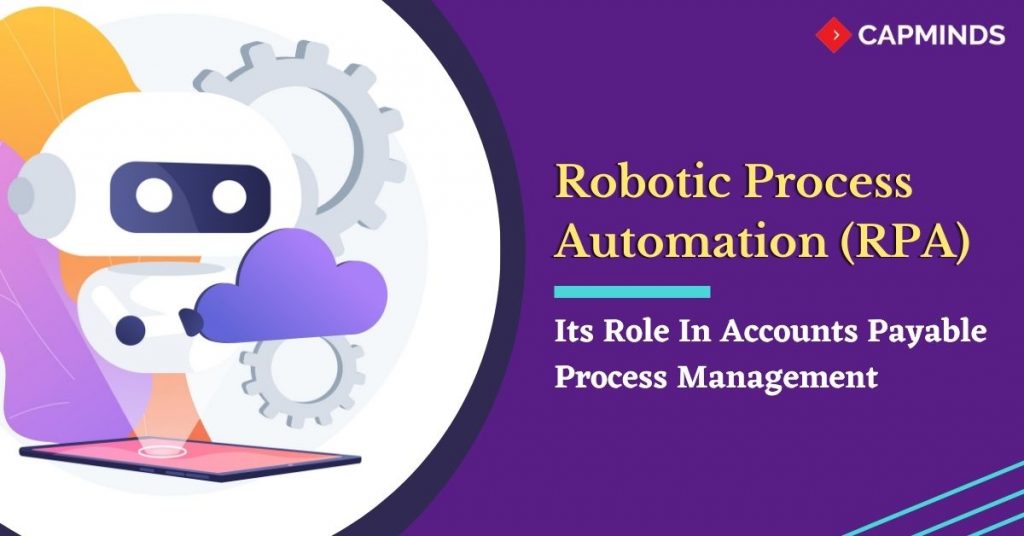Robotic Process Automation (RPA) And Its Role In Accounts Payable Process Management
Many businesses across industries, find it challenging to deal with finance and accounting process management. That too specifically, the accounts payable (A/P). Don’t think that it became easier for industries now with all the technological advancements. Robotic Process Automation (RPA) helps to somehow repair this situation.
Many accounting departments still depend upon manual tasks using paper invoices to process payments. Many organizations even prefer outsourcing this process to BPOs for smooth transactions.
But, Robotic Process Automation (RPA) can to some extent help companies to systemize their financial tasks to create increased efficiency and operational control even though it is not a complete cure for accounts payable problems.
So, keeping this in mind, let’s begin this discussion with the role of RPA in automating the financial tasks as a whole.
What Is Robotic Process Automation (RPA)?

In this fast-moving world, the burdens and tedious work handled by the health service providers and physicians are increasing in bundles. This is where Robotic Process Automation comes in handy. There are many easy ways to reduce this burden of handling manual work by the providers, using this technology.
Robotic Process Automation (RPA) is a form of business process automation technology based on metaphorical software robots (bots) or artificial intelligence (AI)/digital workers. It is sometimes referred to as software robotics (not to be confused with robot software).
In traditional workflow automation tools, a software developer produces a list of actions to automate a task and interface to the back-end system using internal application programming interfaces (APIs) or dedicated scripting language.
In contrast, RPA systems develop the action list by watching the user perform that task in the application’s graphical user interface (GUI) and then perform the automation by repeating those tasks directly in the GUI. This can lower the barrier to the use of automation in products that might not otherwise feature APIs for this purpose.
Potential Barriers to Robotic Process Automation

Financial transactions being such a vital part of any company’s operational success, some people may doubt the correctness and need for Robotic Process Automation in Accounts Payable tasks.
Even though RPA is slowly but constantly being adopted by many companies worldwide to automate AP services, some research highlights the following potential barriers.
Disorganized data:
- The process starts with transferring the data from various formats of invoices by the finance department.
- It is also important for AP workers to settle any differences between invoices, bills of lading, and purchase orders. As well as they are responsible for payment approval.
- Manually transferring the data can result in inaccuracies as the data in the invoice lack a standardized structure.
- It is a slow process that will be problematic for some automation software.
Shortage of invoice standardization:
- The invoices received by the companies from their suppliers and contractors can appear in a mass of formats, i,e., hardcopy, PDF attachment, a word document, and even a scanned copy.
- These invoices which are not standardized can create problems for companies while trying to automate these using automation software.
Recent technological improvements have very much improved the abilities of Robotic Process Automation. That too in Optical Character Recognition (OCR) and the automation of approval and exception activities.
Handing over the interpretation and scanning of paper invoices to software robots by companies is enabled by the improvements made in OCR. This saves considerable time in the process.
Their ability to manage differences and inconsistency in invoices and paper documents by employing less number of workers had also grown.
From all these above mentioned, we can see that the Robotic Process Automation can provide fierce advantages to companies who are adopting this new technology.
Potential Benefits Of Robotic Process Automation

There are more positive sides associated with the use of RPA. Let us see them now.
Easy to use:
- Robotic Process Automation workflows can be reused easily across different locales and departments. This ensures simple and easy use.
- To suit a company’s present situation, robots from the active pool can be quickly re-allocated.
Recognizing and resolving matching errors:
- The major headaches for AP staff are resolving errors in purchase amounts, vendor contact information between invoices and purchase orders, and other detailed inaccuracies.
- One which can alleviate much of this manual workload is the software robots.
- This process ensures better accuracy while freeing up employees to spend more time on other important financial activities, such as budgeting and strategy.
Quicker account reconciliation:
- Closing the books is dependent on many employees and it becomes a time-consuming and complicated procedure.
- But if a company uses RPA software to automate functions like data transfer, inaccuracy troubleshooting, and managing minor decision-making, the errors that can happen by humans will be reduced.
- This will result in quick account closures and a more accurate process.
RELATED: Robotic Process Automation: A Game Changer In U.S. Healthcare
Final Say
Robotic Process Automation (RPA) for companies, healthcare organizations, and BPOs facilitates efficiency in conducting financial that too especially Accounts Payable activities.
Whether the company/organization/BPO has already implemented electronic invoices or still using inconsistent invoice formats, RPA shows and has definite advantages to business when it comes to invoicing, and reducing operational costs.
Even though there are still some barriers to fully implementing AP automation, improvements to RPA software show that companies whether large or small can use automation for their healthy business development.
All successful organizations like yours should have by now the CapMinds’ Robotic Process Automation (RPA) Solutions. RPA empowers you to make a digital workforce that works along with your staff to drive greater efficiency.
CapMinds Robotics Process Automation (RPA) solutions can eliminate burdensome tasks in your healthcare system including scheduling appointments, managing inventory, billing patients, and claim processing to reduce operational costs and improve scalability.
It gives you greater compliance, improves your productivity and efficiency, reduces your operational expenses, helps you to focus on other comprehensive tasks, etc.
No time is too late for anything. Even if you don’t have an RPA solution to make your functions easier, just get started with us now to make your experience an extravagant one.
“Let’s automate your financial processes, together”




